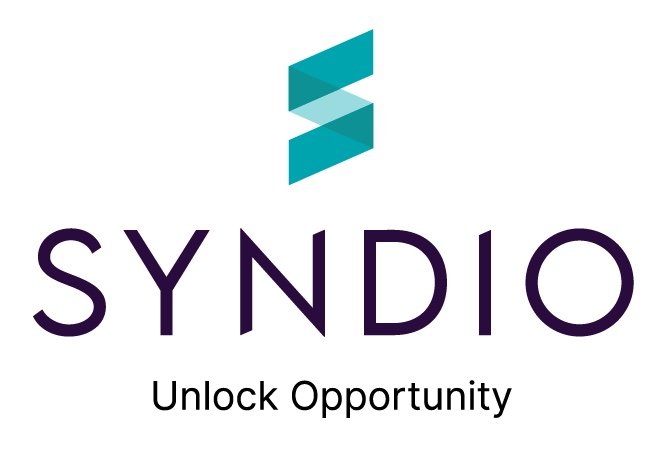WoW Woman in Business I Ritu Mohanka, Managing Director for EMEA at Syndio
Ritu Mohanka is Syndio’s Managing Director for its EMEA business. Ritu is passionate about making workplaces more diverse, inclusive and fair. Ritu harnesses over 20 years’ experience in senior leadership roles with HRtech and talent-focused businesses, including leading business development and strategic growth efforts in EMEA at Glint (now LinkedIn).
Prior to Glint, Ritu worked at Kenexa/IBM Smarter Workforce to drive rapid revenue growth across the EMEA region. While working at these leading talent and employee engagement companies, she was instrumental in driving rapid growth across EMEA, deepening existing markets and expanding into new markets.
Ritu is the winner of multiple awards and has been recognised on the EMpower Top 100 Ethnic Minority Senior Executive lists on several occasions. In her free time, Ritu enjoys cooking, traveling, and generally enjoying life with her two sons and her husband in their London home.
Syndio provides unique technology blended with expert guidance to help companies measure, achieve, and sustain all facets of workplace equity. Over 200 companies, including 10% of the Fortune 200 and 20% of Fortune's Most Admired Companies, rely on Syndio's platform to identify/close pay and opportunity gaps, mitigate legal risk, and turn DE&I goals into tangible results. Syndio shows the world how to build resilient, open workplaces by ensuring every employee is valued based on who they are and what they contribute to their company’s success.
Tell us a bit about your background and your projects so far.
I am originally from Kolkata, India, but I’ve had the pleasure of working and living all over Europe, including Paris, Munich, and Vienna, and I am currently based in London. Most of my career has been in senior leadership positions in companies such as Kenexa (now part of IBM), Glint and Syndio. At some of the largest global companies, I have used best-of-breed HR tech solutions to drive key business outcomes and combined consulting, analytics, and technology to improve human performance and meet key metrics. In all my roles, I have actively championed and promoted ethnic and gender equity and diversity internally - even helping shift internal agendas to prioritise DE&I. Ultimately, mentoring talented and diverse employees in and beyond my region is when I feel most fulfilled. Making fairness in the workplace a reality for everybody is a project close to my heart.
How did you get into this industry? Has it been an easy industry to get into or have you had many challenges?
I’m a part of two industries: HR Tech and DE&I. I didn’t target HR Tech, I fell into it. When I moved to London, I had three very different job offers on the same day. If I hadn’t chosen a HR Tech start-up like Kenexa, I might have been in advertising or even headhunting. I stayed with Kenexa (now IBM) for 15 years and started doing lots of DE&I work before moving to Glint (now LinkedIn) for 4 more. When an ex-colleague and great friend joined Syndio, he couldn’t stop raving about what they do, the people and the opportunity to make a real difference in fairness at work. How could I not have been interested? He introduced me, and we hit it off, but it still took a year from then for the timing to be right for both Syndio and myself.
How long did it take you to be where you are now? What was the biggest obstacle?
It has been a long journey getting to where I currently am, but it has been a wonderful learning process. My biggest obstacle used to be self-belief. Even though I knew I could do the work, I was often riddled with doubt. But it wasn’t until years later that I learned the term for what I felt – imposter syndrome.
Imposter syndrome has a more intense effect on certain groups. People are more likely to experience imposter syndrome if they don't see people who look like them or share their background, and who are clearly succeeding in their field. Even after being promoted several times in my previous jobs, I constantly second-guessed my decisions. Even though people raved about my skills, how I knew the domain inside out, and how I was great at client relationships and stakeholder management, I refused to objectively look at the data that said I was good.
Talking about your imposter syndrome is the first step to dealing with it, rather than suffering in silence. And my advice is to identify allies and advocates in the workplace who believe in you and are supportive of you professionally. Try to silence your inner critic and look toward your strengths. Give yourself credit for your accomplishments. Many years later, I am not totally free of self-doubt – but I’m in a better place.
What are the challenges of being in the industry you are in?
Working in this industry can be a joy when you see positive outcomes, but it can also be frustrating. Some companies talk the talk but often deprioritise walking the walk. They want to do all the right things for their employees and stakeholders, but the concrete actions it takes to make a difference are sometimes poorly understood or have yet to penetrate the corporate culture sufficiently. That only makes us more determined and more driven to provide better practical advice and get these actions on their agenda.
Representation truly matters, too! There are still very few female role models in the world of tech. After all, it’s easier to be what you can see.
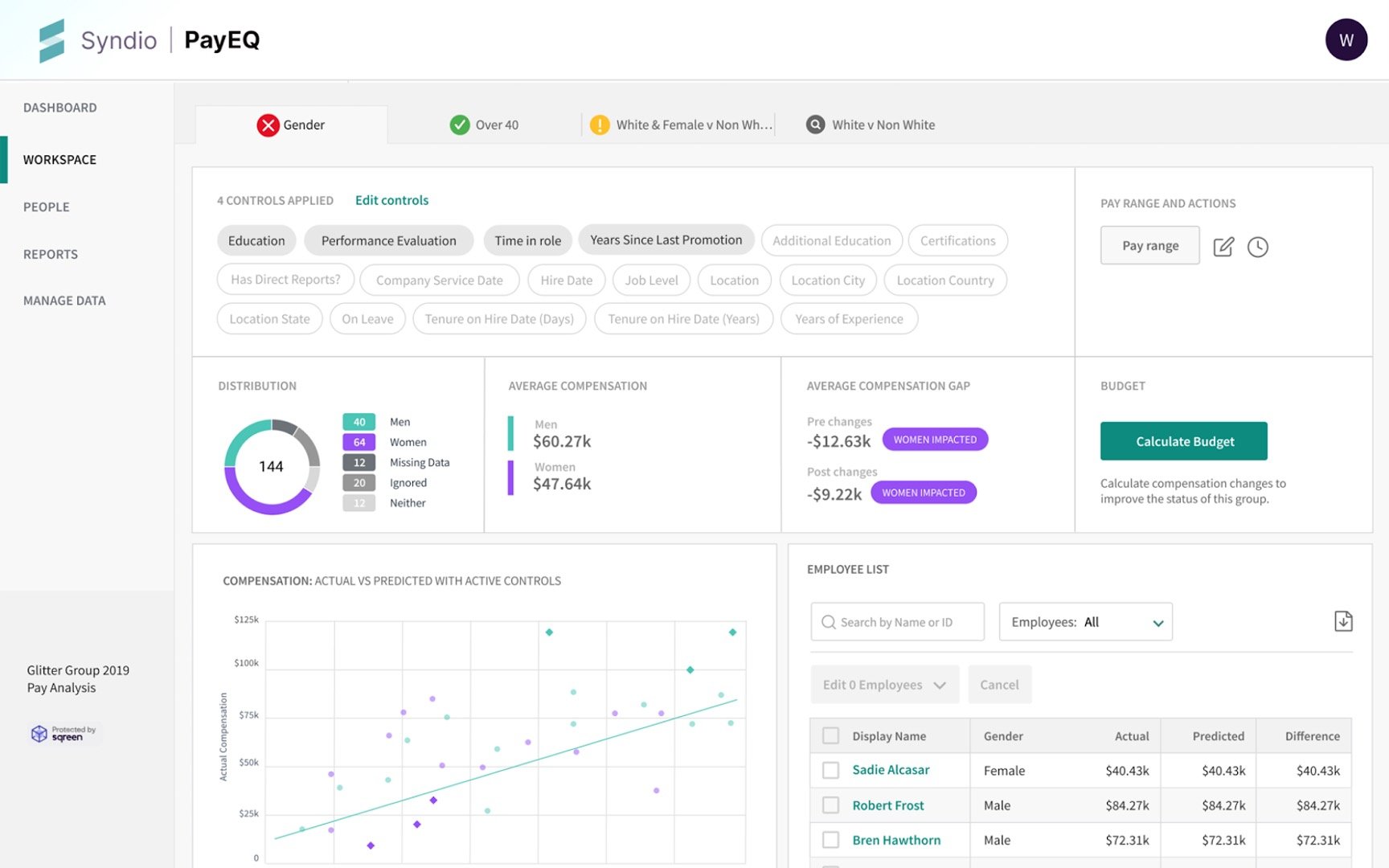
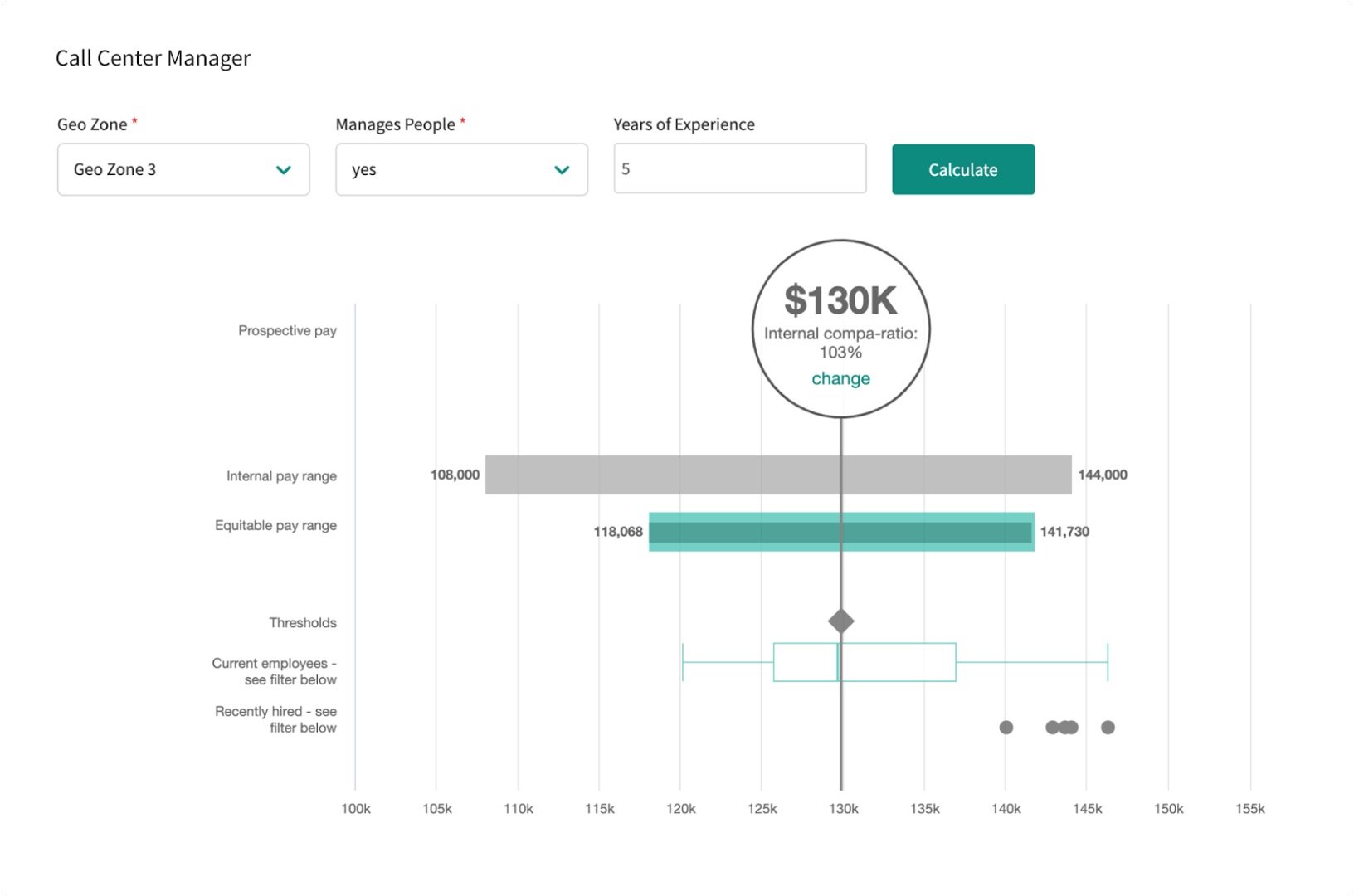
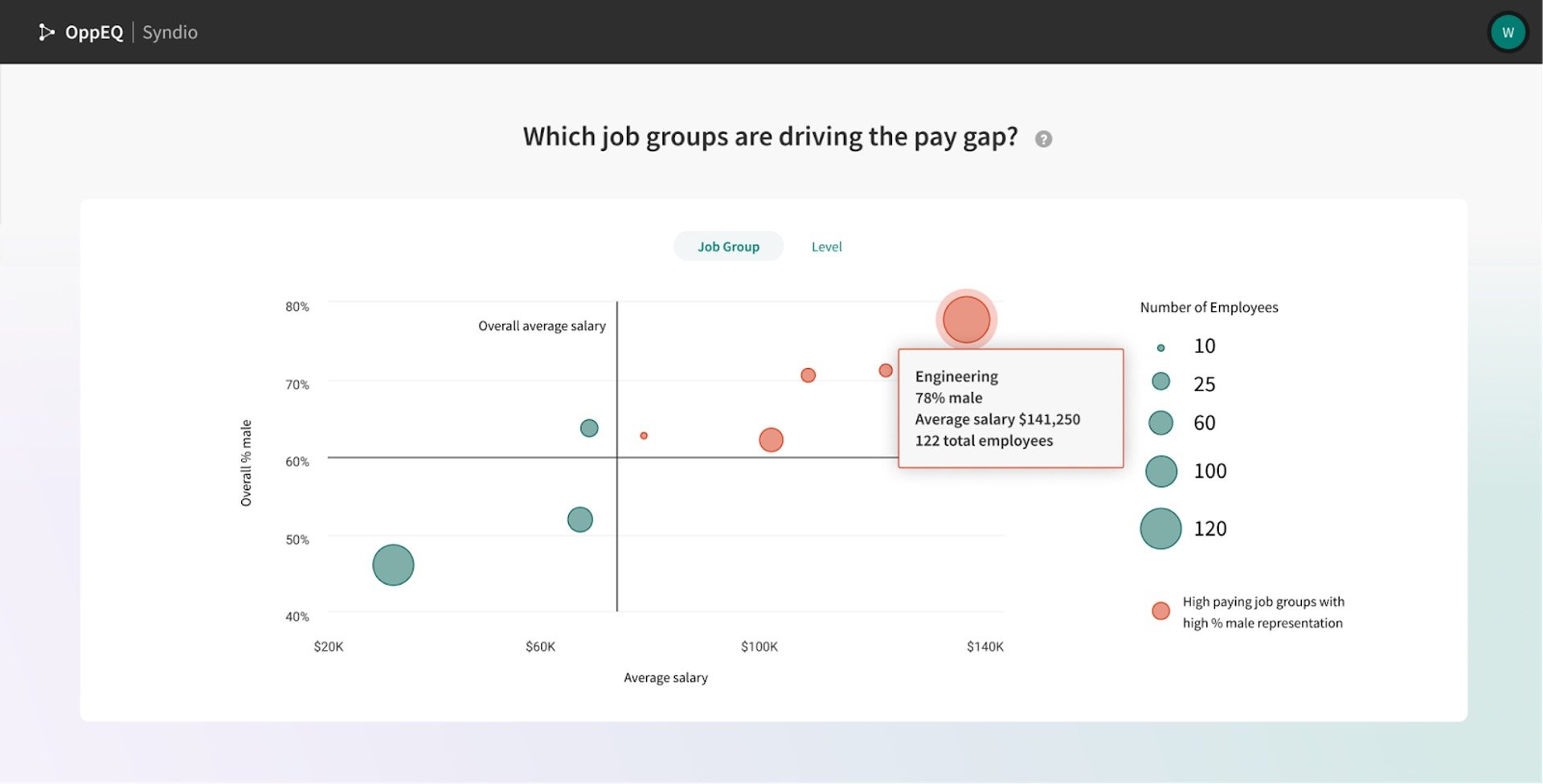
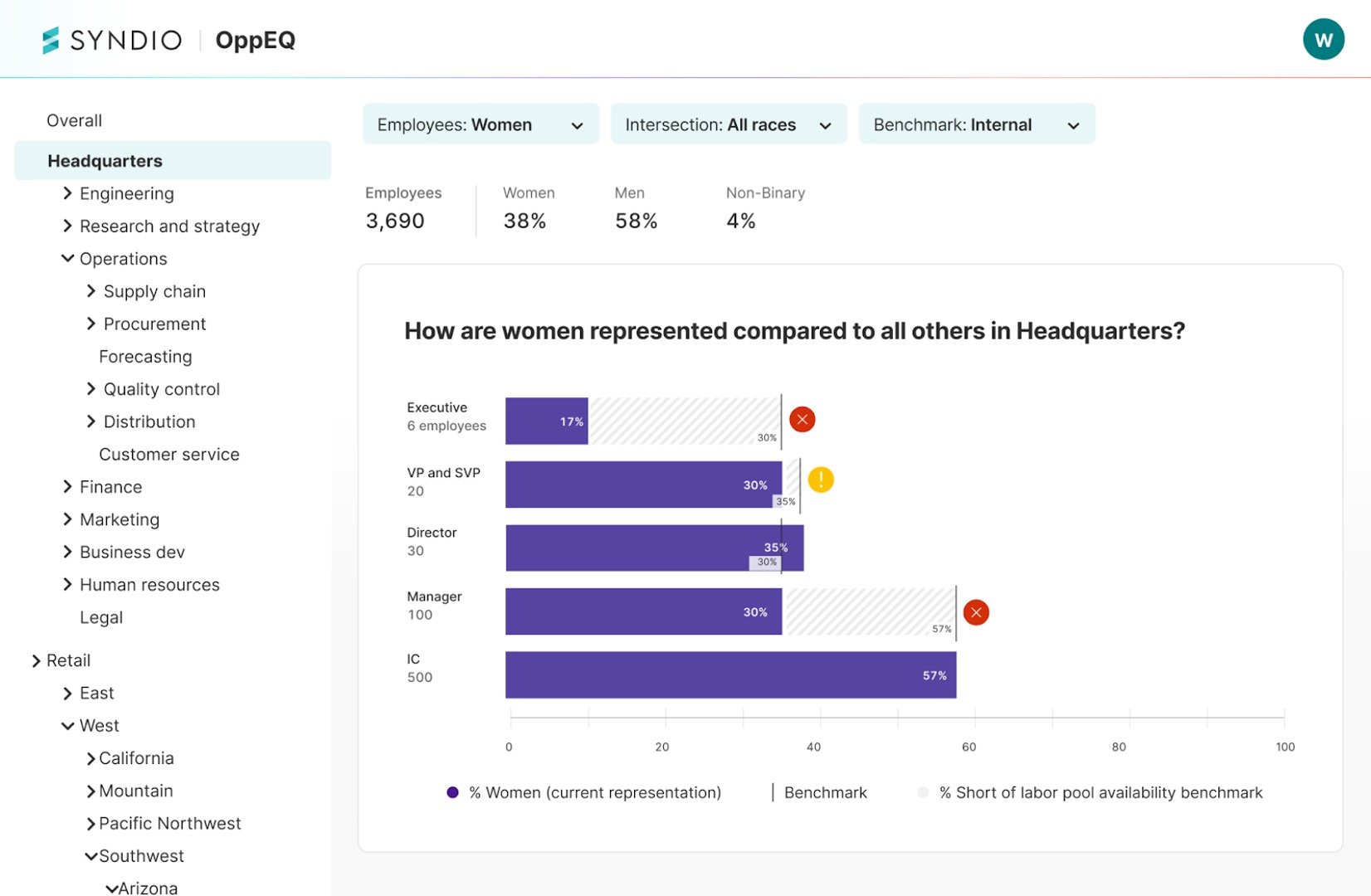
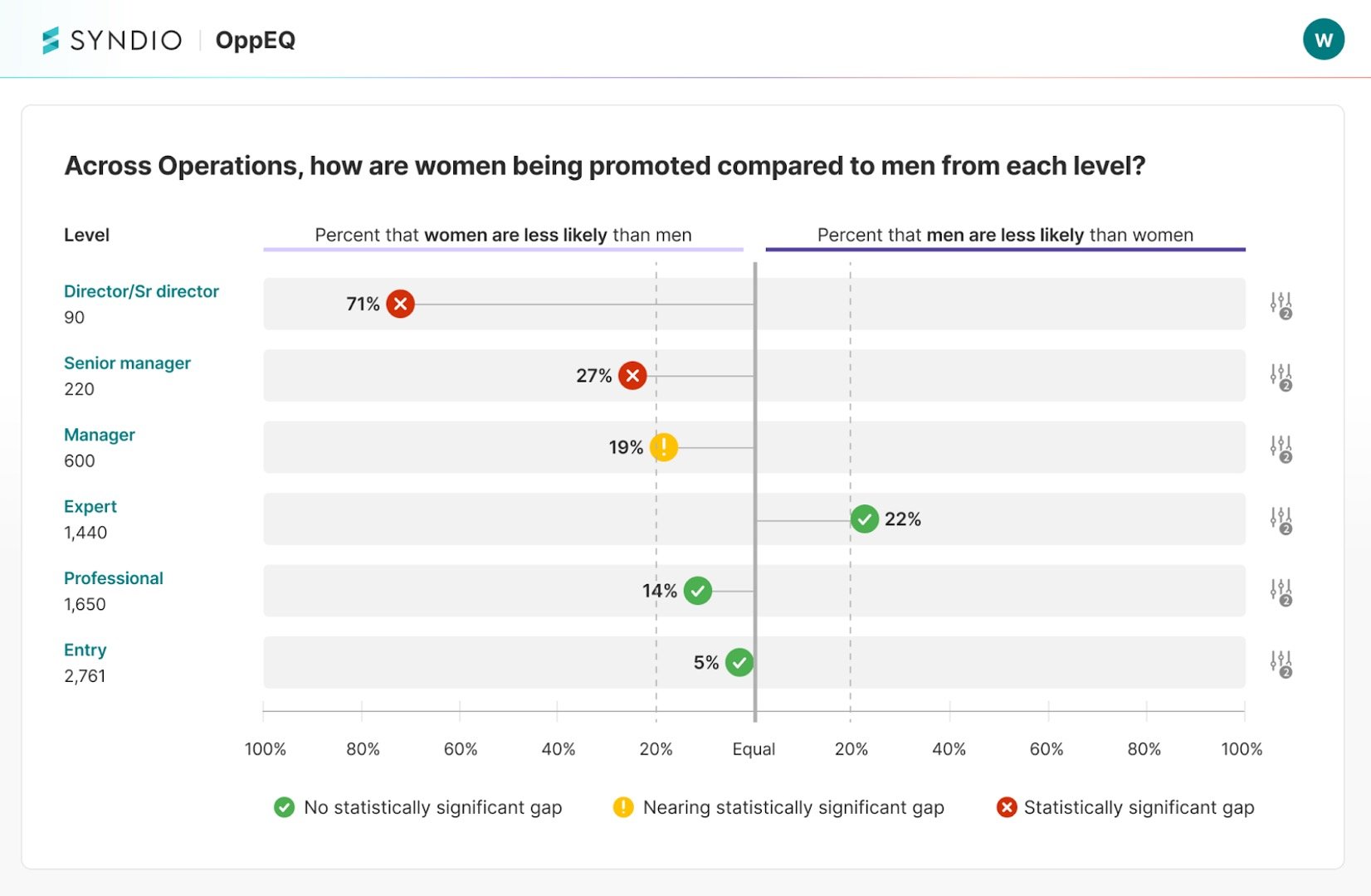
What are your biggest achievements to date?
Besides my children, I’d have to say I’ve been incredibly lucky to have achieved so much professionally. While at Kenexa (now IBM) I was voted by my peers to receive the ‘Most Valuable Person (MVP)’ award, which is a career memory I will cherish. I have also been recognised several times in the FT for their Upstanding Top 100 Leaders list as well as various other leadership awards, and most recently made it onto the EMpower Executive Role Model 2021 list for the third time – an award that acknowledges the professional achievements of the workplace BAME community as well as their DE&I impact. Recognition is an incredible motivator and it has encouraged me enormously. But given where I am today, I feel rather fortunate to give back some of my early career learnings to other young female professionals.
One of my biggest achievements is what I am today as a leader and mentor. I have learned how to best empower and enable teams to harness their collective abilities to achieve moving from the “I” to the “we”. A series of leadership roles greatly enhanced my skills and taught me to influence openly, build relationships at all levels and tackle getting difficult decisions through the gates.
What are the projects you are currently working on?
It’s an honour to lead and grow Syndio’s business in EMEA. The company has done incredible work in the US, working with 10% of Fortune 200 companies and other big organisations to take a more transparent and actionable approach to work and pay equity. In the last year alone, Syndio helped businesses return $115 million to undervalued employees in an effort to close their pay gaps.
Our Workplace Equity product goes beyond just pay gap analysis and looks at rates of retention and promotion for minority groups across the business. It’s an incredibly meaningful way for companies to show they are committed to DE&I. Companies across Europe are ready to take more tangible action on inclusion but need practical advice and solutions. Syndio can help with that.
Is the #WomenInTech movement important to you and if yes, why?
The #WomenInTech movement is incredibly important to me. There are barriers that undeniably prevent women from attaining the same opportunities as men, while we are also increasingly aware that diversity in experience, background, and thought is the most fruitful springboard for innovation.
Employees, investors, stakeholders, and legislators are demanding more transparency and measurable progress towards diversity goals. Yet many organizations lack the data to create and maintain meaningful long-lasting change. Technology can help bridge that gap. I have great optimism in the tech industry both addressing the issues we face societally and breaking down the barriers for women working within the industry itself.
What will be the key trends in your industry in the next five years and where do you see them heading?
I believe ‘meritocracy’ is going to be a key trend in the industry in the next five years. By this I mean choosing the best person for any given job, accepting that all viewpoints should be heard, and breaking down the barriers that we inherited. Democracy is founded on freedoms, but meritocracy is what should result. I don’t support quotas or negative bias, instead, I champion fairness at work. If we break down the barriers, the best people available have a better chance of making an optimal contribution to their companies and society at large. And in doing so will be rewarded equitably versus their peers.
Second, there will be a greater focus on integrating technologies into HR systems to create a holistic, unified system in which data is integrated and shared across the employee life cycle. As such, data can drive decisions about equitable practices from hiring to promotions and performance reviews.
Finally, more AI/ algorithmic analyses and simultaneous attention will be paid to ensure that such systems are unbiased, fair, and equitable.
What is the most important piece of advice you could give to anyone who wants to start a career in this industry?
My most important piece of advice is to focus on working smarter, not harder. We all want to be the best version of ourselves but the societal pressure telling us that we must give our all, 100% of the time, can be harmful and toxic. Burnout is never good and taking care of your own well-being is at the forefront of being successful. Take care of yourself and your work will reflect this.
I collect sayings that inspire me. One is Oscar Wilde’s “Be yourself; everyone else is already taken.” I’ve learned to focus on being the best I can be and not waste time trying to be like somebody else.
Who are three inspirational women in your respective industry you admire?
There are many inspirational women in our industry, but I’d like to just focus on two. Maria Colacurcio, Syndio’s CEO, has really inspired me and helped me redefine how I can affect change and drive impact as a woman, mother, and leader in this industry. Maria has seven kids, including a baby of 18 months, and she still sets a pace the rest of us struggle to keep up with. Her insight into our industry and business nous is staggering. As a role model, she sets standards that I aspire to reach. Maria is walking the walk on eradicating workplace inequities. In our Zoom-centric world, she was able to raise a $17.1 million Series B investment in January 2021 while 8 months pregnant (most people had no idea she was expecting) and was often breastfeeding her seven-month-old baby, Mila, during leadership 1:1s, team meetings, and product demos. She has already achieved so much and is taking Syndio place while making a huge difference in the lives of millions of employees.
Finally, Sinenhlanhla Magagula, who goes by S’ne, Chief Human Resources Officer at Tiger Brands. When I first met S’ne (almost 10 years ago), I remember her zest and infectious enthusiasm for what she did. As she always says, “I love igniting the potential in others and inspiring them to bring their A-game to whatever goal they want to achieve.” S’ne has had experiences in very challenging, senior HR roles at very male-dominated businesses, including an oil refinery. During her time there, she studied for her MBA on a part-time basis to broaden her knowledge of business leadership, before later joining Sasol’s mining division, becoming the first woman on the executive leadership team in the division’s 50 years of mining coal. But most importantly it’s S’ne’s passion for building a people-centric organisation while being a super mum to two beautiful high achieving girls. The thing that inspires me the most about her is the balance she appears to effortlessly sustain in her work and personal life.
Find out more about Syndio on their website.
Follow Syndio on LinkedIn, Twitter, and Facebook.
Connect with Ritu on LinkedIn.
This interview was conducted by Marija Butkovic, Digital Marketing and PR strategist, founder, and CEO of Women of Wearables. She regularly writes and speaks on topics of wearable tech, fashion tech, IoT, entrepreneurship, and diversity. Follow Marija on Twitter @MarijaButkovic and read her stories for Forbes here.


